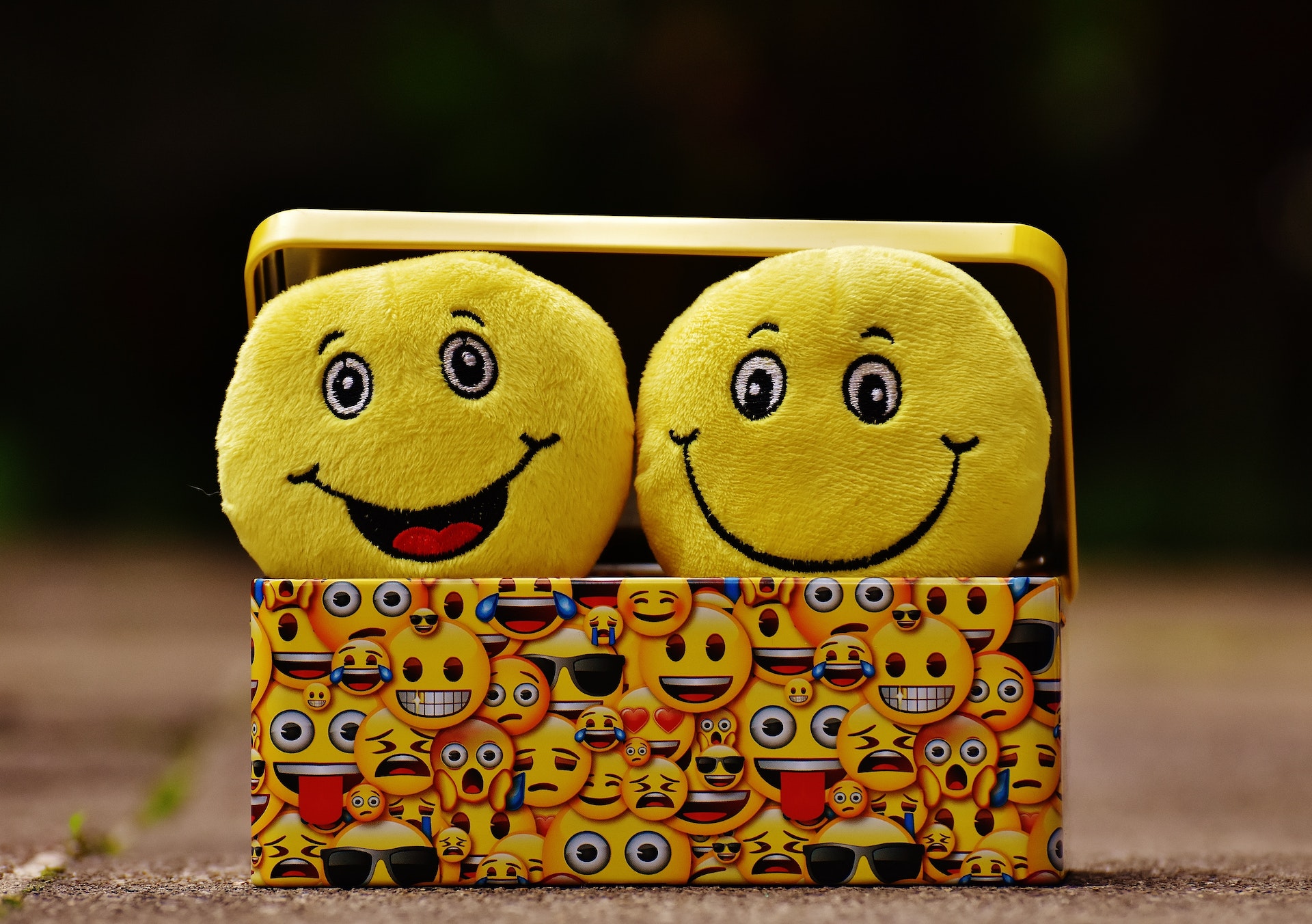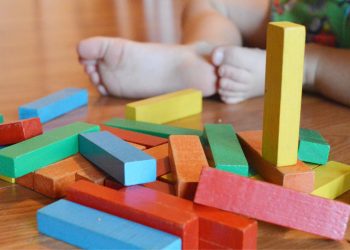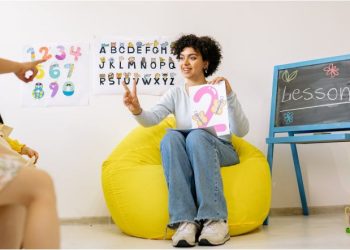
There is often a misconception that when children act out, they are just throwing tantrums or seeking attention. This article will help us understand the Emotions of our little ones and how we can help them through these emotions.
Do Toddlers Have Emotions? Yes, they sure do. However, their ability to understand and express these emotions is still developing, so they may not always have the words or strategies to communicate their feelings effectively.
It is very important to understand and support your toddler’s emotions as they develop. While they explore and understand the world around them, they experience a wide range of emotions. Common emotions in toddlers include joy, Frustration, Curiosity, fear and affection.
According to Papousek et al, 1992, “Focusing on economically strained families, we considered toddler emotional traits and emotion expression as other factors that may contribute to parent-toddler conversation engagement”. Emotions play a central role in parent-infant communication.
The crippling impact of overwhelming emotion is even stronger for toddlers because they are still developing neurologically and don’t have the same capabilities as adults to self-regulate. Helping toddlers understand and cope with these emotions is an essential part of their emotional development and caregivers play a crucial role in providing guidance and support. It can really be helpful if:
- We pay attention to our little one’s cues, even non-verbal ones and validate their feelings. Saying things like “I see you’re upset” can help them feel better.
- Help them identify and name their emotions. We can use simple words like: happy, sad or angry and show them pictures or use facial expressions to illustrate.
- Offer comfort through hugs or soothing words when they are upset. Physical touch can be very reassuring for toddlers.
- Show them how to handle emotions appropriately by modeling your own reactions and coping strategies.
While acknowledging their emotions, also establish clear boundaries and consistent discipline to help them learn appropriate ways to express themselves. Remember that emotional development takes time, and tantrums and mood swings are a normal part of this stage. Patience and understanding are key.
It is very important for parents, teachers and caregivers to support and help toddlers express their emotions in a healthy way as they are still developing their emotional regulation skills. If you have concerns about your toddler’s emotional development, don’t panic, get frustrated or take it out on your little one, seek advice from professionals.
Some children are born having a harder time with Self-regulation. Most of them don’t develop the skills because their parents always jump in to solve problems or help them calm down. Children with ADHD or anxiety may also have this problem. Being able to self-regulate their emotions is a skill that children need to be taught.
Every child is unique, so what works for one toddler may not work for another. Tailoring your approach to your child’s specific needs is important. Building a strong emotional connection with your child will help them feel safe and supported in expressing their feelings.


















































































 EduTimes Africa, a product of Education Times Africa, is a magazine publication that aims to lend its support to close the yawning gap in Africa's educational development.
EduTimes Africa, a product of Education Times Africa, is a magazine publication that aims to lend its support to close the yawning gap in Africa's educational development.